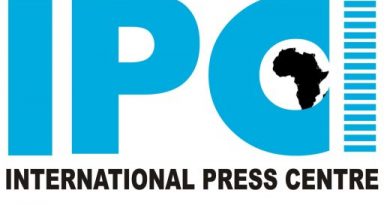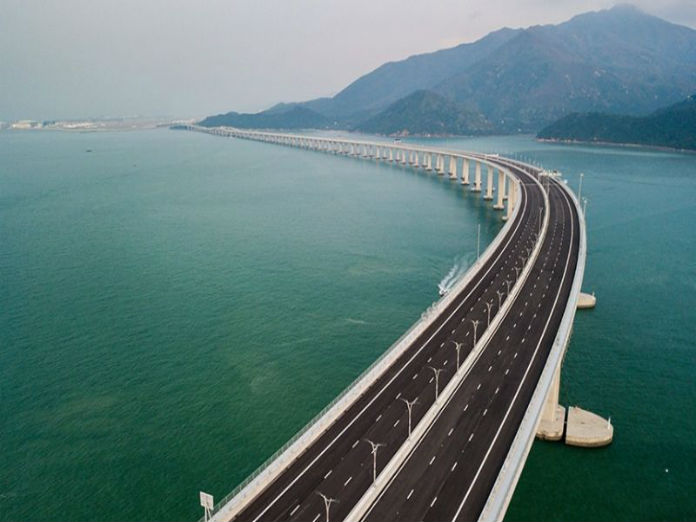Dangote Refinery can meet 100% of domestic requirements of liquid petroleum products- Dangote
Oru Leonard
The President/Chief Executive, Aliko Dangote has said that Dangote Refinery can meet 100% of the domestic requirement of all liquid petroleum products (Gasoline, Diesel, Kerosene and Aviation Jet), leaving the surplus for export.
Mr Aliko Dangote who was represented by the Group Executive Director, Government and Strategic Relations, Dangote Industries Limited, Engr. Ahmed Mansur, also said that the theme of the just concluded Nigeria International Petroleum Summit 2019 which started on Monday January 28, and ended on Wednesday January 30, 2019, “Shaping the Future through Efficiency and Innovation”, was apt; given Nigeria’s quest for economic transformation. He noted that investment in refinery and petrochemical, is driven by innovation and efficiency.
“The ongoing investment in refining, petrochemicals, fertilizer and gas is driven by the desire to bring innovation and efficiency into all aspects of Nigeria’s oil and gas sector”, he said .
“Aliko Dangote is passionate about efficiency and innovation in the oil & gas sector through adding value to the hydrocarbon process. The company’s passion and drive is seen in the building of the project, which will become the world largest single train refinery on completion and therefore a boost to Nigeria’s economy”, he also said.
He further explained that the high volume of PMS output from the Dangote Refinery will transform Nigeria from a petrol import-dependent country to an exporter of refined petroleum products. The refinery is designed to accommodate multiple grades of domestic and foreign crude and process these into high-quality gasoline, diesel, kerosene, and aviation fuels that meet Euro V emissions specifications, plus polypropylene.
“Dangote is also constructing the largest fertiliser Plant in West Africa with capacity to produce 3.0 million tonnes of Urea per year as part of the gigantic economic transformation project”.
He explained that the Dangote Fertiliser complex consists of Ammonia and Urea plants with associated facilities and infrastructure.
“Nigeria will be able to save $0.5 billion from import substitution and provide $0.4 billion from exports of products from the fertiliser plant. Thus, supply of fertiliser from the plant, which is set for commissioning before the second quarter of 2019, will be enough for the Nigerian market and neighbouring countries,” he noted.
.




